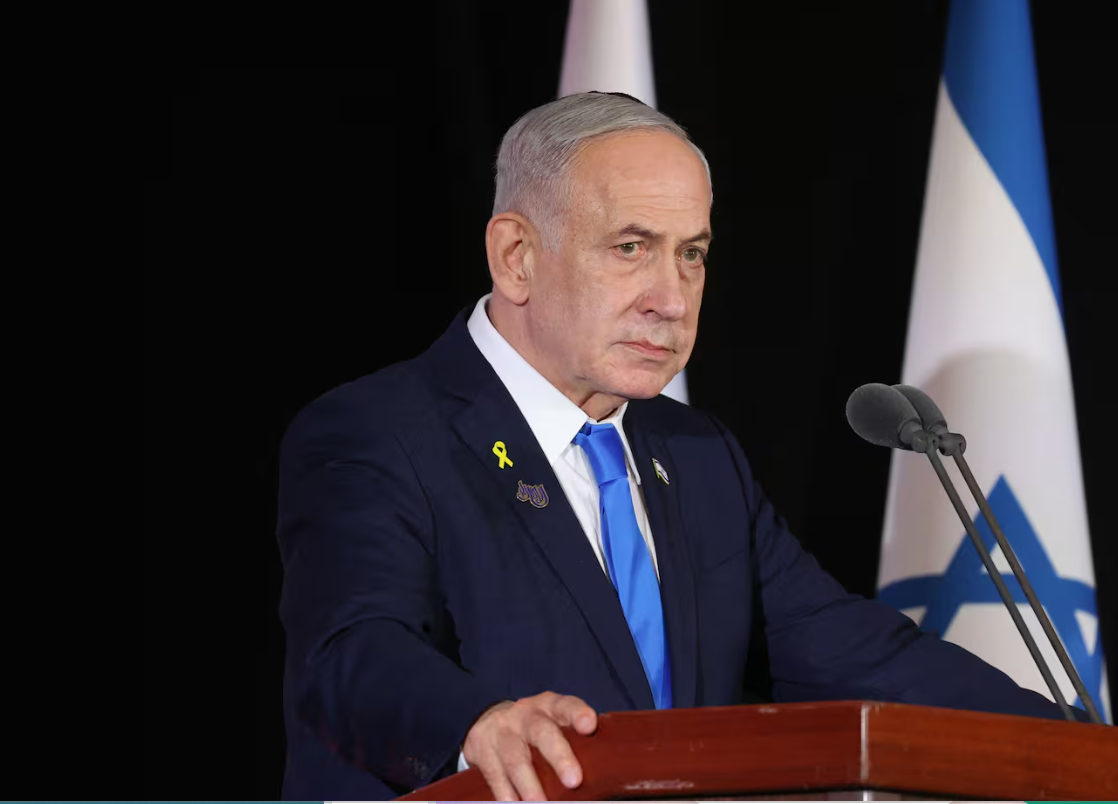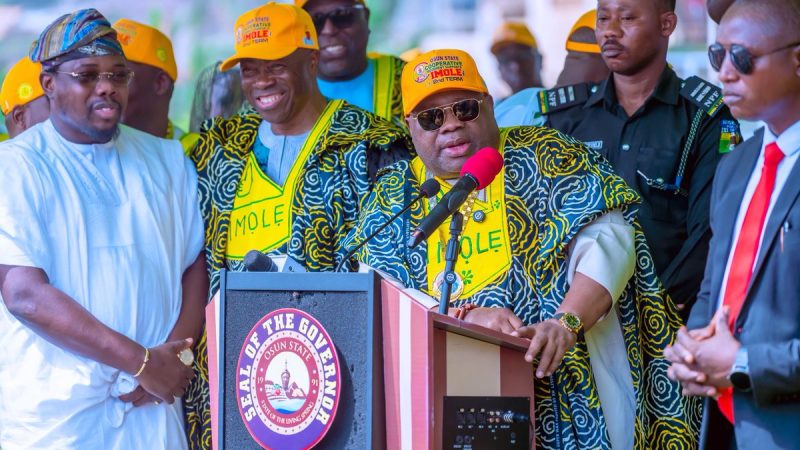Israeli Prime Minister Benjamin Netanyahu has declared that the ongoing war in Gaza will not end until Hamas is fully disarmed and the Palestinian territory is completely demilitarised.
His remarks came as Hamas’s armed wing, the Ezzedine al-Qassam Brigades, handed over the remains of two Israeli hostages on Saturday night under a U.S.-brokered ceasefire agreement.
In a statement, Netanyahu’s office confirmed that a International Committee of the Red Cross team received the bodies from Hamas and transferred them to Israeli forces in Gaza for identification. The recovery of hostages’ remains has been one of the central issues delaying the implementation of the first phase of the truce.
Israel has also tied the reopening of the Rafah crossing — Gaza’s main route to Egypt — to the return of all remaining hostages’ bodies.
Speaking on Israeli Channel 14, Netanyahu stressed that disarming Hamas is a key component of the second phase of the ceasefire plan.
“Phase B also involves the disarming of Hamas and the demilitarisation of the Gaza Strip,” he said. “When that is successfully completed — hopefully in an easy way, but if not, in a hard way — then the war will end.”
Hamas has so far resisted calls to disarm and has reportedly moved to reassert control in parts of Gaza since the pause in fighting.
Under the truce agreement, brokered by the administration of Donald Trump, Hamas has released all 20 surviving hostages, along with the bodies of nine Israelis and one Nepalese citizen.
In return, Israel has freed nearly 2,000 Palestinian prisoners and returned 135 bodies of Palestinians since the ceasefire took effect on October 10.
One of the bodies handed over Friday was identified as 75-year-old Eliyahu Margalit, who was killed during Hamas’s October 7, 2023 attack.
Hamas said it recovered two additional bodies on Saturday, adding that some remains are still buried under rubble and that more time and technical assistance are required to retrieve them.
Netanyahu has hinted that the Rafah crossing will remain closed until Hamas fully meets its commitments. His office stated that reopening the crossing depends on Hamas returning all hostages and the remains of the deceased and fully implementing the truce framework.
Earlier, the Palestinian mission in Cairo announced that the crossing could reopen on Monday for Gazans residing in Egypt who wish to return home.
However, Israel quickly countered the statement, saying the crossing would stay closed “until further notice.” Hamas warned that keeping the crossing shut could delay body transfers and hinder humanitarian operations.
Meanwhile, in northern Gaza, UN humanitarian relief chief Tom Fletcher described the situation as “devastating,” noting that much of Gaza City had been reduced to rubble.
“I drove through here seven to eight months ago when most of these buildings were still standing… it’s now a wasteland,” he said.
Fletcher also outlined a 60-day plan to scale up humanitarian aid, including food distribution, rebuilding health facilities, providing winter shelters, and reopening schools.
Despite the ceasefire, violence has not completely stopped. Gaza’s civil defence agency, operating under Hamas, reported that nine Palestinians, including four children, were killed when Israeli tanks fired at a bus in the Shaaban district of Gaza City.
A grieving survivor, Umm Mohammed Shaaban, cried out: “My daughter, her children and her husband; my son, his children and his wife were killed. What did they do wrong?”
The Israel Defense Forces said troops fired at a vehicle that posed “an imminent threat” after approaching a designated buffer zone, insisting the action complied with ceasefire rules.
The situation remains tense as both sides continue to navigate the fragile ceasefire, with the fate of hostages, the Rafah crossing, and the disarmament of Hamas central to the prospects of lasting peace.





